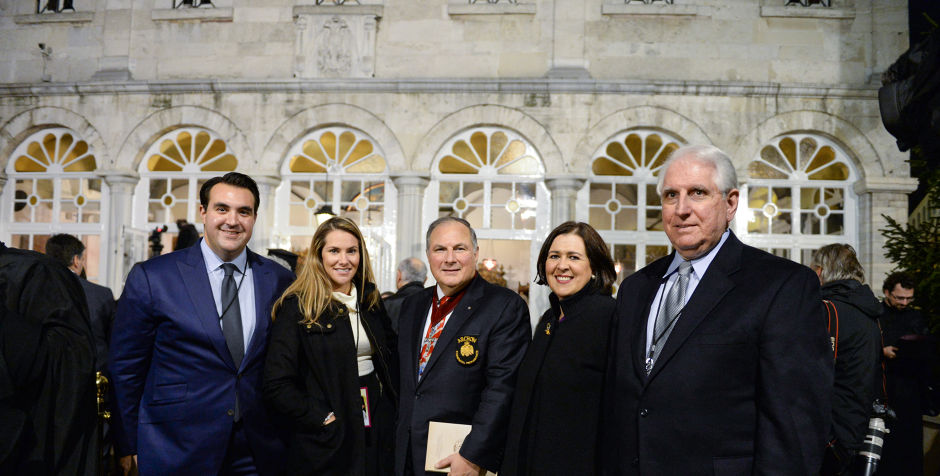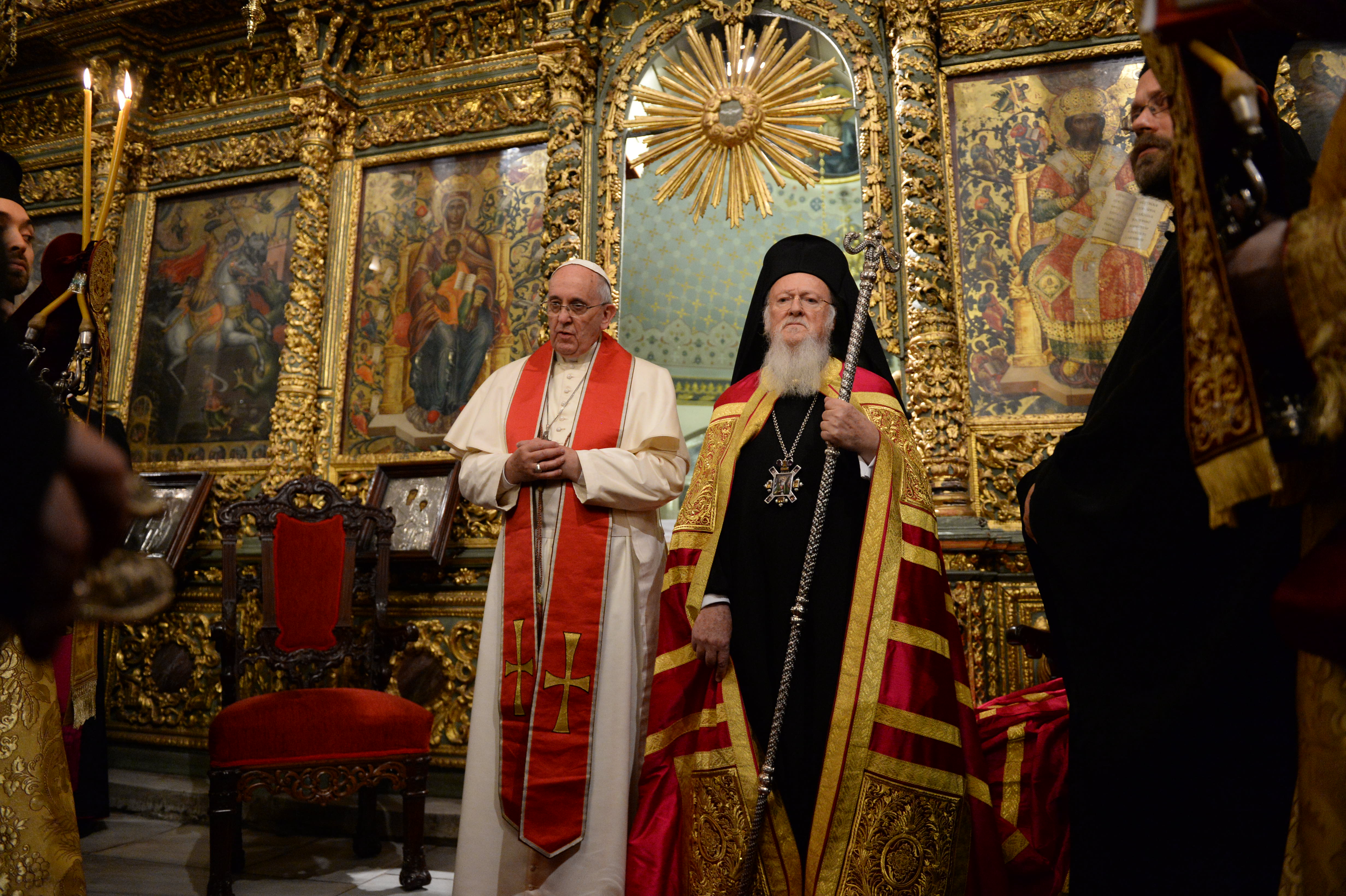Standing With Christians in Turkey
On Thanksgiving Day, my wife Anna and I arrived in Istanbul, Turkey to attend historic meetings between Pope Francis and Ecumenical Patriarch Bartholomew, spiritual leader of Orthodox Christians. If you follow the work of the ACLJ and our international affiliates closely, you know that we have worked alongside the Archons of the Ecumenical Patriarchate to defend the religious freedom of the Ecumenical Patriarchate. This important work, involving the complexities of Turkish and international law, has been successful, most recently, at the European Court of Human Rights. Today, we continue our advocacy for the Ecumenical Patriarchate and the millions of Orthodox Christians, including Greek Orthodox Christians in America, affected by Turkey’s too often use of discriminatory laws and policies.
This was a historic, but also a critical, time to be in Turkey, a member of NATO dragging its feet on battling ISIS. As Turkey’s continued lack of full cooperation and participation in coalition efforts to destroy the Islamic State were in the headlines, and still are, we were able to be at the Ecumenical Patriarchate when two truly international Christian leaders – Pope Francis and Ecumenical Patriarch Bartholomew – met and then issued a Joint Declaration, with a focus on the crisis in the Middle East and the brutal persecution of Christians and destruction of Christian property. Even if you are not a Catholic or Orthodox Christian, you certainly understand the devastation of the Christian lives lost and significance of the ancient churches and artifacts destroyed, many dating back to beginning of the Christian Church and time of the Apostles.
The Joint Declaration contained powerful reminders about the extent of the persecution of Christians in the Middle East, the birthplace of our faith:
We express our common concern for the current situation in Iraq, Syria and the whole Middle East. We are united in the desire for peace and stability and in the will to promote the resolution of conflicts through dialogue and reconciliation. While recognizing the efforts already being made to offer assistance to the region, at the same time, we call on all those who bear responsibility for the destiny of peoples to deepen their commitment to suffering communities, and to enable them, including the Christian ones, to remain in their native land.
This section of the Joint Declaration is of great importance and meaning:
We cannot resign ourselves to a Middle East without Christians, who have professed the name of Jesus there for two thousand years. Many of our brothers and sisters are being persecuted and have been forced violently from their homes. It even seems that the value of human life has been lost, that the human person no longer matters and may be sacrificed to other interests. And, tragically, all this is met by the indifference of many.
This is the reality of ISIS winning – a Middle East with no Christians, no Churches, and our physical history erased. The declaration continues:
As Saint Paul reminds us, "If one member suffers, all suffer together; if one member is honoured, all rejoice together" (1 Cor 12:26). This is the law of the Christian life, and in this sense we can say that there is also an ecumenism of suffering. Just as the blood of the martyrs was a seed of strength and fertility for the Church, so too the sharing of daily sufferings can become an effective instrument of unity. The terrible situation of Christians and all those who are suffering in the Middle East calls not only for our constant prayer, but also for an appropriate response on the part of the international community.

When reading these words, we are reminded of Christians like American Pastor Saeed Abedini, imprisoned in Iran for his faith and likely to spend a third Christmas behind bars away from his wife and children.
While it is difficult to use words to describe the pressure on the Orthodox Church in Turkey, IT would not be too strong to say that one could feel it in the air and while walking into the Ecumenical Patriarchate, we encourage you to learn more about our work with the Archons of the Ecumenical Patriarchate.
Anna and I were also grateful for the opportunity to join the Archons of the Ecumenical Patriarchate in Athens, Greece to meet with Prime Minister of Greece Antonis Samaras. Even while navigating through years of a difficult domestic economic situation, Greece is a member of the coalition fighting ISIS and we were able to thank Prime Minister Samaras for Greece’s decision to fully join the fight to destroy ISIS. We can report that he enthusiastically agreed that ISIS poses a tremendous threat, one that must be dealt with immediately.
As our first visit to Turkey and Greece was coming to an end, we had the honor to attend a breakfast with US Ambassador to Greece David Pearce. Anna and I would like to thank the Archons of the Ecumenical Patriarchate for inviting us to attend these historic and important meetings. We know there is much more work for the ACLJ, our international affiliates, and the Archons to work on together in defense of religious freedom.

